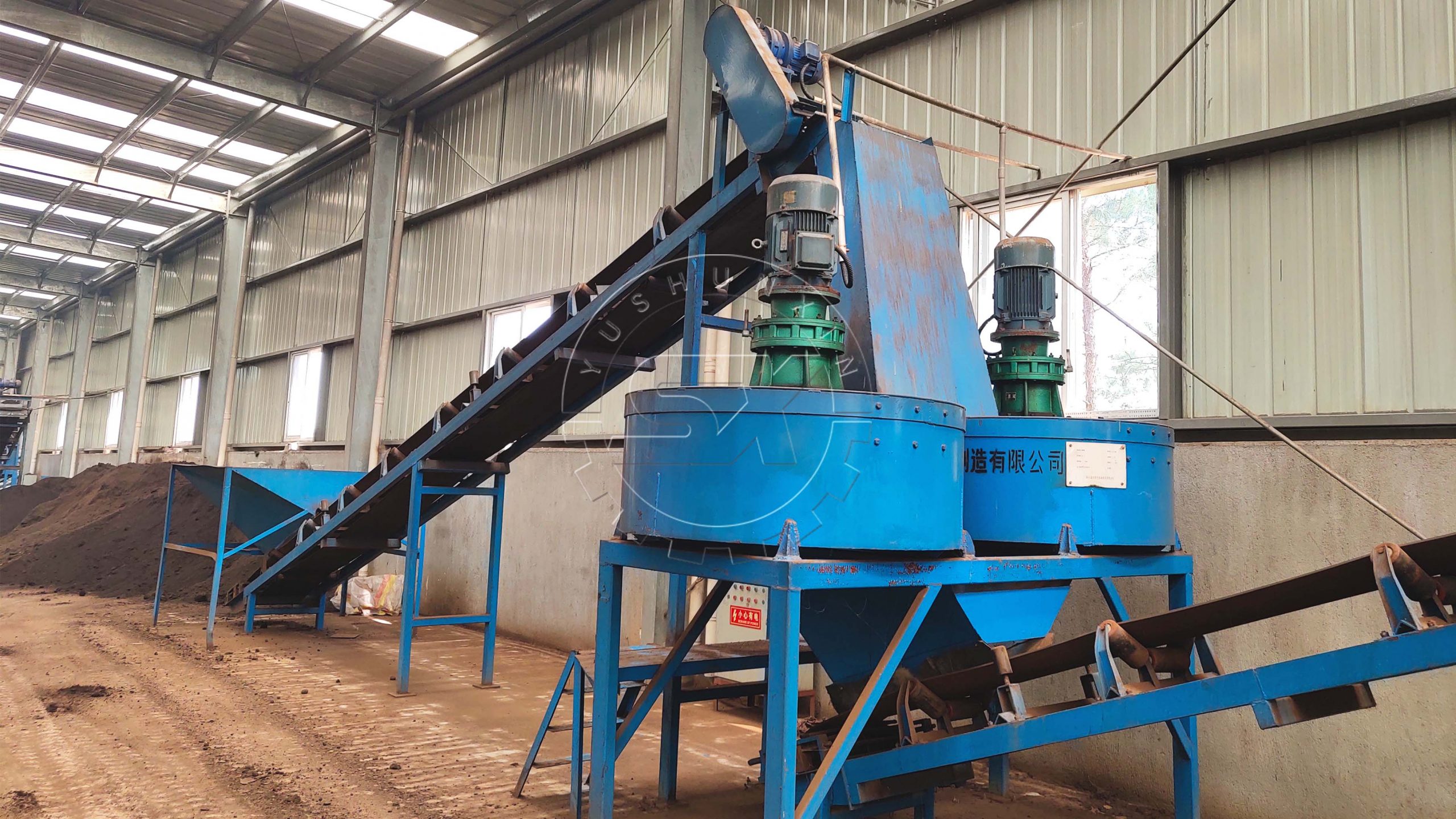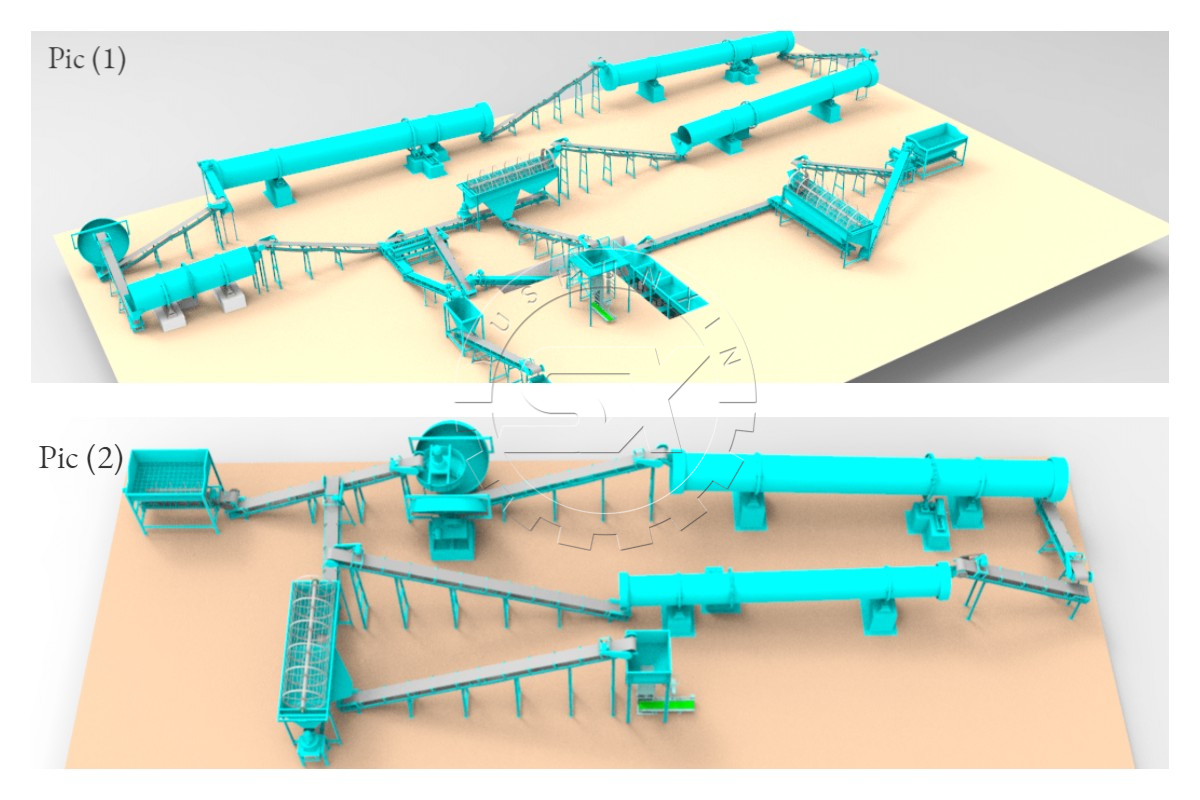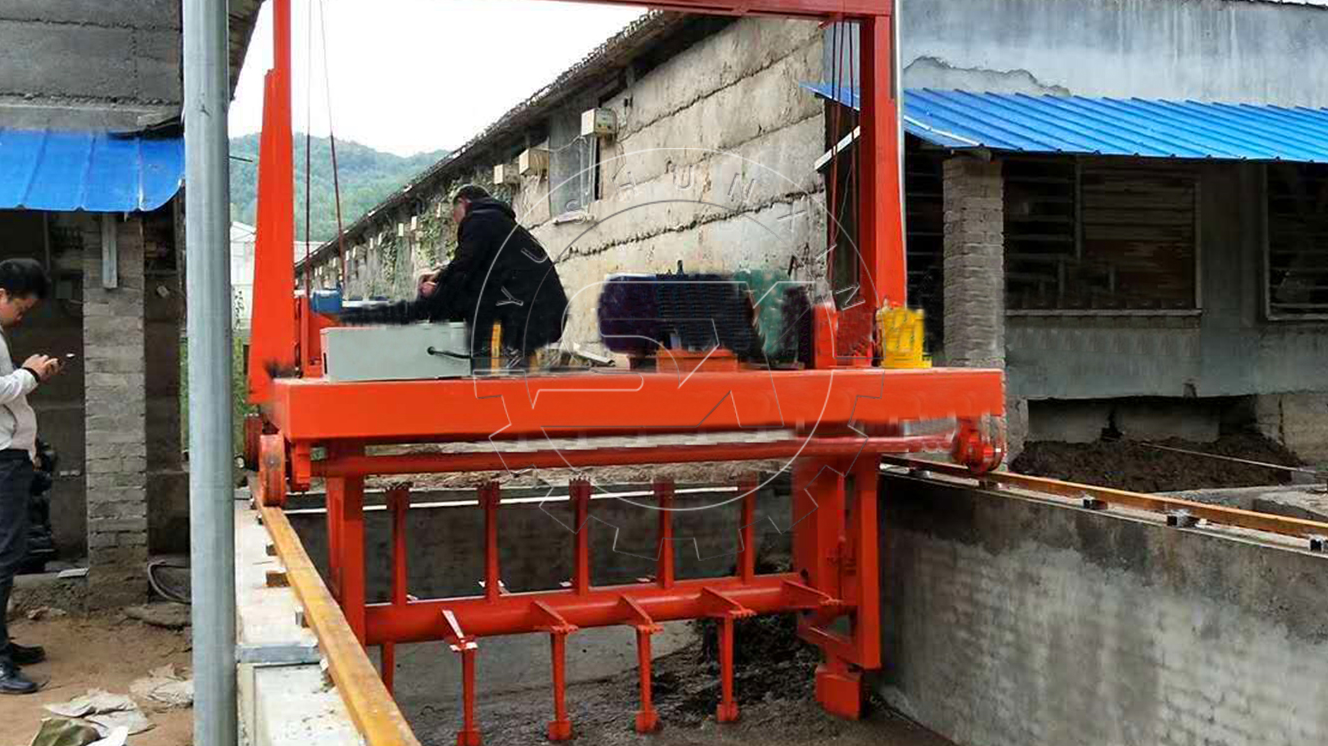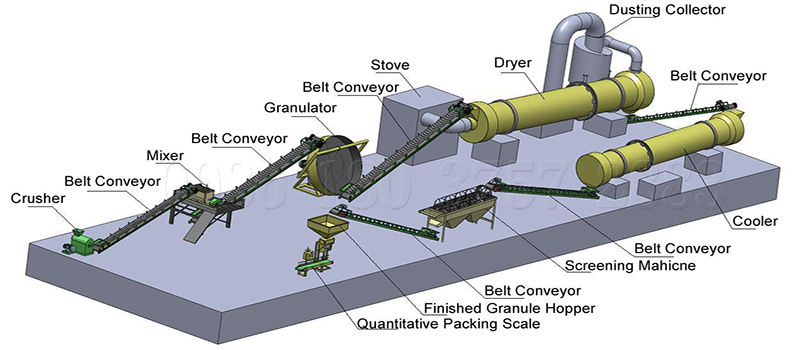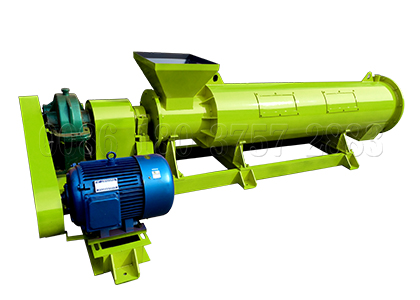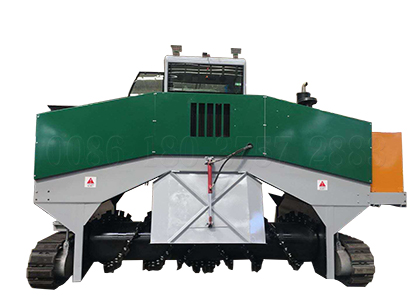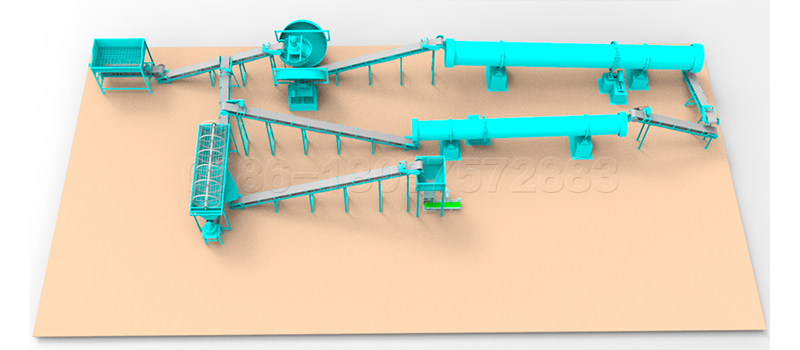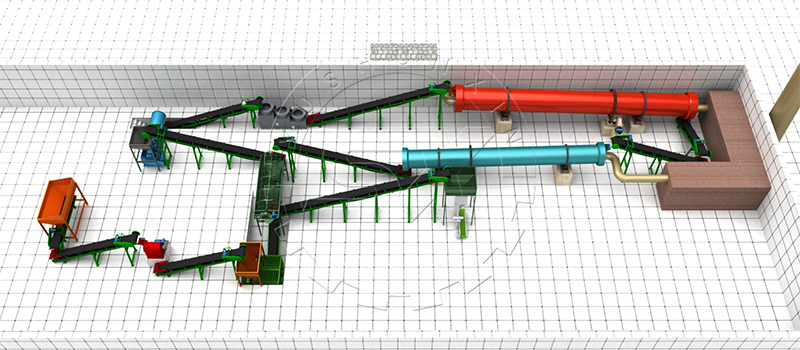Goat dung management plays a crucial role in maintaining the cleanliness and overall health of a goat farm. As goats are known for their efficient digestion and constant grazing, they produce a significant amount of dung on a daily basis. However, with proper management techniques, goat dung can be turned into a valuable resource rather than a waste product.
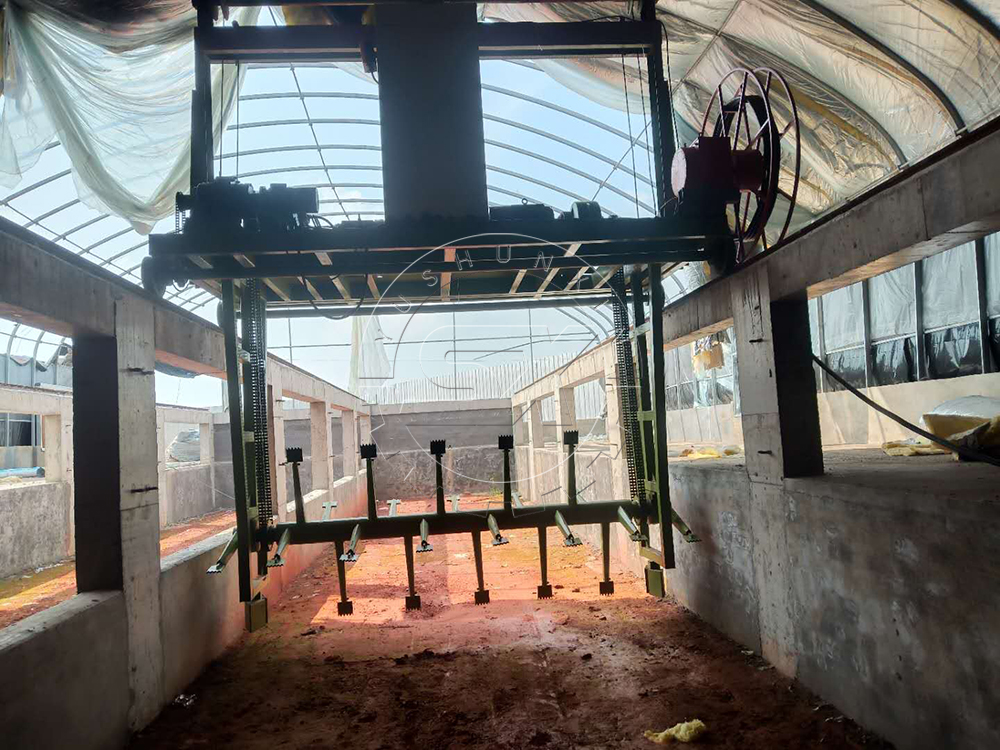
groove type compost turner working process
One of the primary considerations in goat dung management is ensuring regular removal from the goat housing areas. This prevents the buildup of waste, which can attract pests, create odors, and become a breeding ground for harmful bacteria. Farmers often use tools such as shovels or pitchforks to collect the dung and transfer it to designated areas for further processing.
Once collected, goat dung can be utilized as a nutrient-rich fertilizer. It contains essential elements like nitrogen, phosphorus, and potassium, which are beneficial for plant growth. By composting the dung, farmers can create organic fertilizer that can be applied to crops, gardens, or pastureland. Composting involves mixing the dung with other organic materials like straw, hay, or kitchen scraps and allowing the mixture to decompose over time. This process helps break down the organic matter, kill harmful pathogens, and produce a nutrient-rich final product.
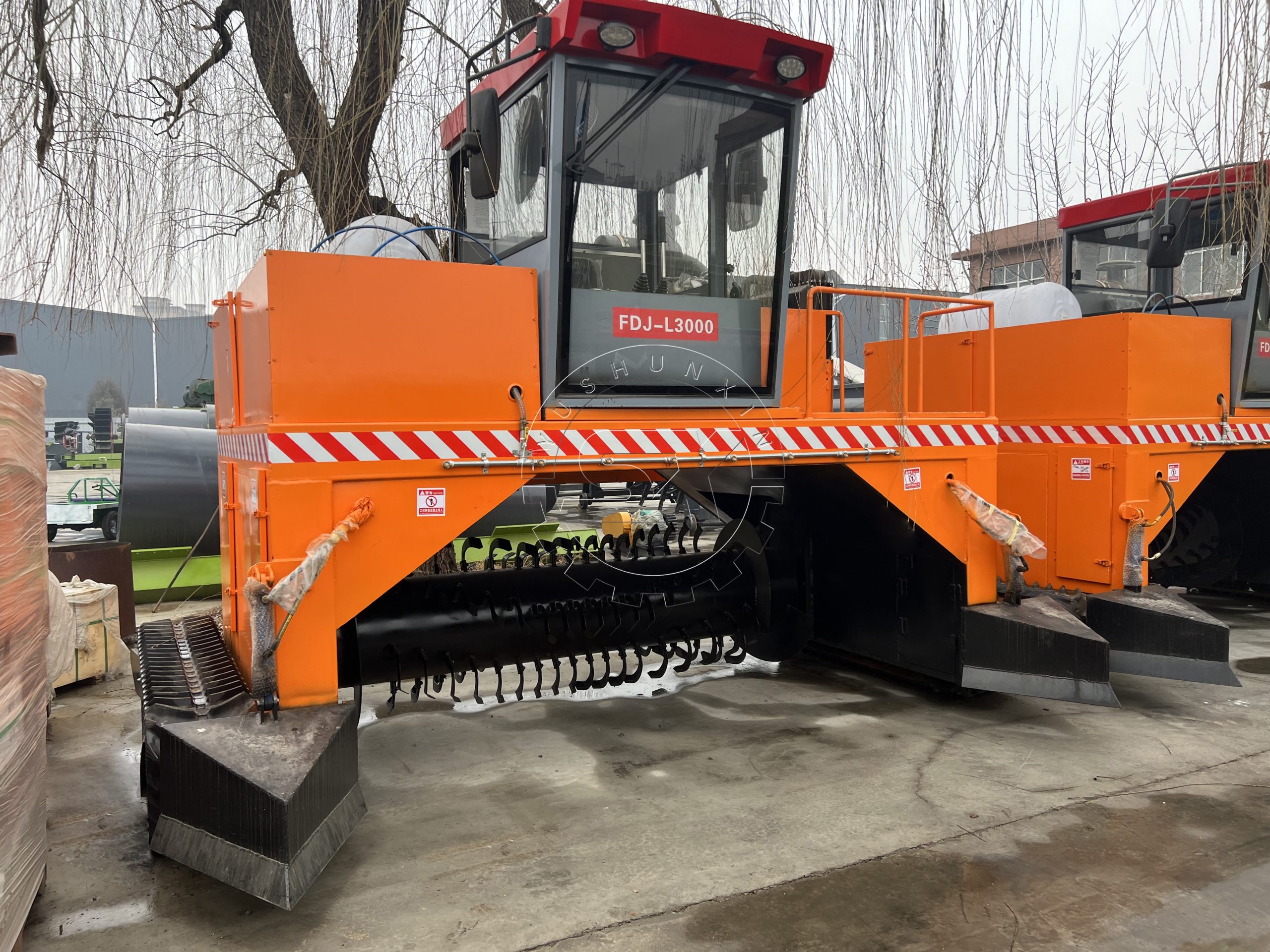
crawler type compost machine that can deal with large-scale poultry manure
In addition to composting, some farmers may choose to use goat dung as a fuel source for energy production. Dried dung, known as dung cakes or briquettes, can be burned as a renewable and eco-friendly alternative to traditional fuels. This practice is particularly common in rural areas where access to conventional energy sources may be limited. Dung cakes provide a sustainable solution for cooking and heating, reducing the reliance on wood or fossil fuels.
Proper management of goat dung also involves considering environmental factors. In areas where runoff and water pollution are concerns, it is essential to prevent dung from entering water sources. Constructing appropriate drainage systems, using barriers, or establishing designated areas for dung disposal can help minimize the impact on nearby water bodies.
In conclusion, goat dung management is an integral part of maintaining a healthy and sustainable goat farm. By promptly removing and properly handling the dung, farmers can transform it into valuable resources like organic fertilizer or fuel. This approach not only contributes to the overall cleanliness and hygiene of the farm but also promotes environmental sustainability by minimizing waste and utilizing renewable energy sources.
More info please click :
https://organicfertilizerproductionline.com/how-to-compost-goat-manure/










